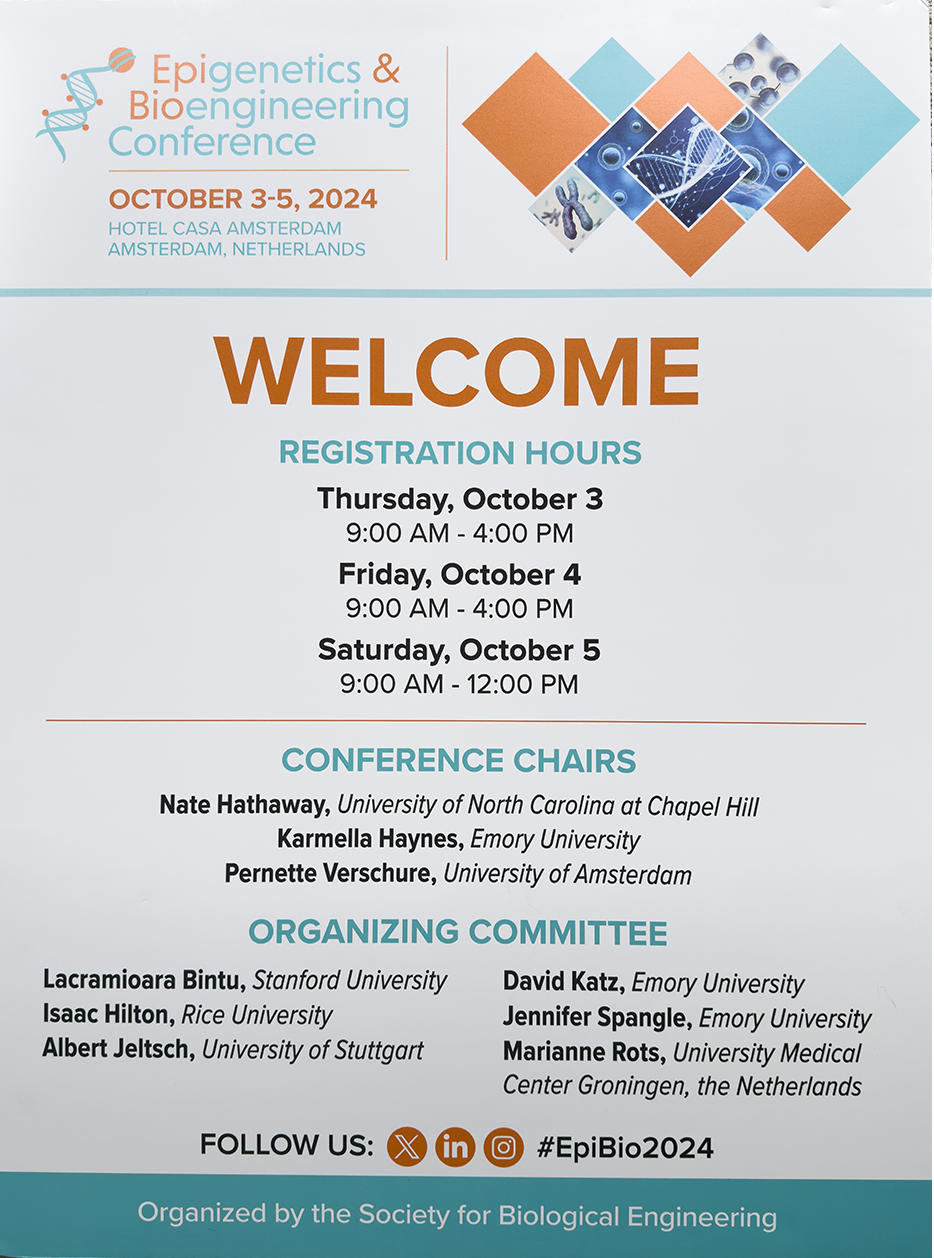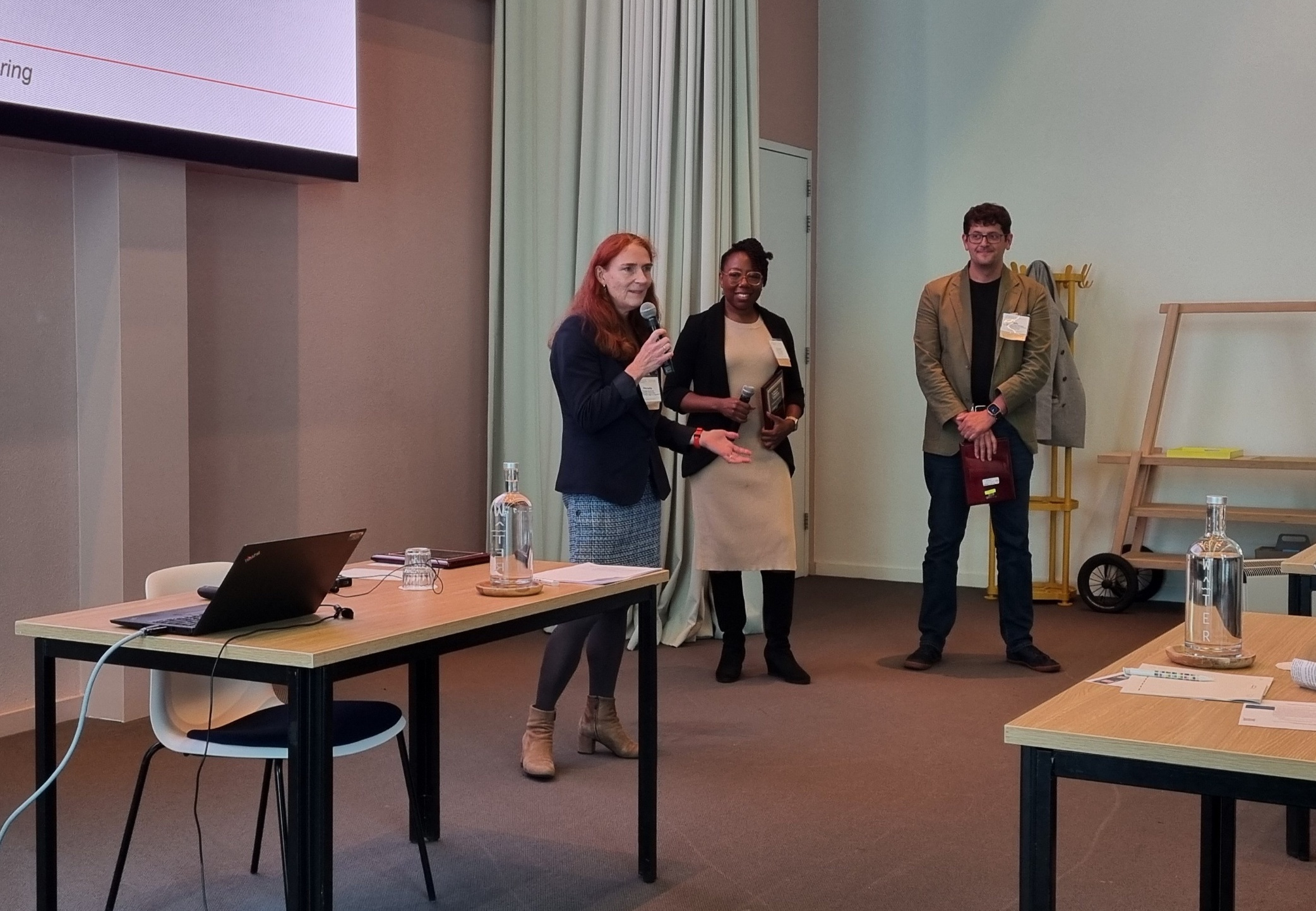Shaping the future of epigenetic bioengineering: From molecular insight to clinical impact
Published in Bioengineering & Biotechnology and Biomedical Research
“The field of epigenetic bioengineering is advancing at unprecedented pace, pushing boundaries of what was previously considered possible. As new technologies emerge, there are unsolved pending questions to tackle: Which genes are susceptible to which epigenetic regulators? How do the epigenetic chromatin and genomic architecture influence this susceptibility? And what defines causal versus downstream regulatory mechanisms – ranging from single molecule interactions to chromatin looping and nuclear spatial organization?
And perhaps most urgently: Are we truly ready to translate these innovations into the clinic? Applications such as targeted gene therapies, precision oncology, and even potential treatments for neurological disorders are being explored. The excitement is real - but so are the concerns. Long-term safety, equitable access, societal acceptance, and ethical considerations must guide how we apply these powerful technologies in real-world settings.
Fostering collaborations across disciplines

To steer this rapidly evolving field, interdisciplinary collaboration is key. This spirit of exchange was a core theme of the 7th international conference Epigenetics and Bioengineering (Epibio-24), held October 3-5, 2024, in Amsterdam and chaired by Dr. Karmella Haynes (Emory Univ USA), Dr. Nate Hathaway (Univ of North Carolina at Chapel Hill, USA) and Prof. Dr. Pernette Verschure (University of Amsterdam, the Netherlands and Amsterdam University Medical Centers). The event brought together leading researchers from academia, biotech, clinical settings and the social sciences to engage on both technological frontiers and societal implications of epigenetic bioengineering research. Additional highlights included a poster networking session and a workshop on responsible innovation led by Dr. Michelle Habets from the Rathenau Institute. The conference organization was supported by the AIChE society. Generous sponsorship from Zymo Research, Wiley, EpiCypher, Hologic/Diagenode, Biomolecules/MDPI, Arima Genomics, Twist, Active Motive, NSF, het Genootschap ter bevordering van de Natuurwetenschappen, Genees- en Heelkunde (GNGH) and EMBO for keynote lecture conference funding, enabled the successful execution of this timely conference.
“It was a great pleasure to host so many leading international experts in epigenetics to Amsterdam for EpiBio-24 at the Hotel Casa. The critical scientific discussions but most importantly the collaborative spirit and open atmosphere were truly inspiring.

In our recent review published in Epigenetics Communications, we summarized key takeaways from EpiBio-24, highlighting three main pillars.
1. Development of Innovative Tools and Approaches
Speakers illustrated an impressive range of new technologies - from improving the efficacy of epigenetic enzymes and high-throughput large scale CRISPR/dCas-based epigenetic perturbation screening platforms to high-resolution single-cell imaging. Computational modeling is now playing a critial role in estimating gene regulatory network behavior., enabling researhers to simulate complex feedback loops and predict epigenetic outcomes with increasing accuracy. Together, these tools are enabling more precise, tunable, and safe gene expression control.
2. New Biological Insights through technological innovation
Advancing technologies are not only enhancing methodology but are also uncovering previously hidden layers of biological complexity. Researchers presentated data on dynamic chromatin folding, long-range enhancer interations, and the influence of nuclear architecture on gene activity. These insights are transforming our understanding of epigenetc cregulation from a static code to a dynamic, context-dependent system.
3. Translational Progress Toward (Pre)Clinical Applications
Encouragingly, a growing number of biomedical proof-of-concept studies and early-stage clinical developments are now demonstrating the feasibility of therapeutic epigenetic editing. Case studies ranged from rare genetic diseases to major oncology targets. With more than 10 companies actively developing epigenetic therapies – several of which are entering clinicial phases – there is clear momentum, yet rigorous safety profiling remains essential.
Opportunities and challenges
Despite major strides challenges persist. Epigenetic regulation operates across multiple scales - and linking molecular mechanisms to functional outcomes is still a major puzzle. A recurring theme at EpiBio-24 was the mismatch that sometimes arises between findings from technological approaches studying different levels of organization, underscoring the need for integrative analysis, open-minded collaboration and conceptual frameworks that bridge molecular detail with physiological relevance. Ethical, legal and societal questions are also becoming increasingly important. How do we ensure responsible use?
What’s Next?
EpiBio-24 reminded us that while innovation in epigenetic bioengineering is accelerating, responsible progress depends on collective effort. It was concluded that there is the need for a white paper focused on best practices – particularly the use of proper controls in perturbation screening - to help establish broadly accepted standards across the field. As we move closer to clinical applications ensuring safe and ethical implementation will require a joint input from scientists, clinicians, engineers, ethicists, patients, social scientists and policy makers alike.
Want to dive deeper?
Read the full open-access review here.
Follow the Topic
-
Epigenetics Communications

Epigenetics Communications is an open-access journal devoted to the study and problematization of epigenetic principles and mechanisms in basic and translational research settings.
Related Collections
With Collections, you can get published faster and increase your visibility.
CLEPIC 2025: Advances in Epigenetics, with a Focus on Clinical Progresses, Applied Technologies and Epitarget Therapeutics
The CLEPIC 2025 Collection will showcase research presented at the Clinical Epigenetics International Conference (CLEPIC 2025), which covers the latest developments in the expansive field of epigenetics. The conference brings together researchers from the fields of molecular and clinical epigenetics, along with industry partners, ethicists, policy advisors, and other stakeholders operating in the epigenetic research and diagnostics markets.
This Collection aims to explore cutting-edge findings and innovative approaches that are shaping the future of epigenetics and its applications.
Clinical Epigenetics is devoted to the study of epigenetic principles and mechanisms as applied to human development, disease, diagnosis and treatment.
Epigenetics Communications is devoted to the study and critical analysis of epigenetic principles and mechanisms in basic research settings.
This Collection is open for submissions from all authors on the condition that the manuscript falls within both the scope of the Collection and the journal it is submitted to.
All submissions in this Collection undergo the relevant journal’s standard peer review process. Similarly, all manuscripts authored by a Guest Editor(s) will be handled by the Editor-in-Chief of the relevant journal. As an open access publication, participating journals levy an article processing fee (Clinical Epigenetics, Epigenetics Communications). We recognize that many key stakeholders may not have access to such resources and are committed to supporting participation in this issue wherever resources are a barrier. For more information about what support may be available, please visit OA funding and support, or email OAfundingpolicy@springernature.com or the Editor-in-Chief of the journal where the article is being submitted.
Publishing Model: Open Access
Deadline: Apr 20, 2026






Please sign in or register for FREE
If you are a registered user on Research Communities by Springer Nature, please sign in